Library E-Resource Accessibility - Standardized License Language
Library E-Resource Accessibility - Standardized License Language
Standardized Accessibility License Language
The Big Ten Academic Alliance Libraries are committed to equitable service and access and are concerned about the inaccessibility of many library electronic resources. Purchasing and subscribing to inaccessible library e-resources not only goes against Big Ten Libraries’ commitment to provide equal access to information for all library users, but also potentially puts member institutions at risk for accessibility lawsuits and complaints that could result in costly accessibility testing and remediation efforts. Therefore, in an effort to encourage library e-resource vendors to improve their compliance with accessibility, the Big Ten Academic Alliance has adopted the following accessibility license language:
United States:Licensor shall comply with the Americans with Disabilities Act (ADA), by supporting assistive software or devices such as large print interfaces, text-to-speech output, voice-activated input, refreshable braille displays, and alternate keyboard or pointer interfaces, in a manner consistent with the Web Accessibility Initiative Web Content Accessibility Guidelines 2.1 AA (http://www.w3.org/WAI/guid-tech.html). Licensor shall ensure that product maintenance and upgrades are implemented in a manner that does not compromise product accessibility. Licensor shall provide to Licensee a current, accurate completed Voluntary Product Accessibility Template (VPAT) to demonstrate compliance with accessibility standards (https://www.itic.org/policy/accessibility). If the product does not comply, the Licensor shall adapt the Licensed Materials in a timely manner and at no cost to the Licensee in order to comply with applicable law. Nothing in this Agreement shall limit the Licensee or any end user from making lawful, noninfringing uses to facilitate access to the Licensed Materials by users who have disabilities. For the avoidance of doubt, the Licensor authorizes such uses.
International:
Licensor shall support accessibility for people with disabilities by providing a product that is compatible with assistive software or devices such as large print interfaces, text-to-speech output, voice-activated input, refreshable braille displays, and alternate keyboard or pointer interfaces, in a manner consistent with the Web Accessibility Initiative Web Content Accessibility Guidelines 2.1 AA (http://www.w3.org/WAI/guid-tech.html). Licensor understands and acknowledges that Licensee is obligated to comply with the United States’ Americans with Disabilities Act (ADA). Licensor shall ensure that product maintenance and upgrades are implemented in a manner that does not compromise product accessibility. Licensor shall provide to Licensee a current, accurate completed Voluntary Product Accessibility Template (VPAT) to demonstrate compliance with relevant accessibility standards (EN 301 549, WCAG, or Section 508): https://www.itic.org/policy/accessibility. If the product does not comply, the Licensor shall adapt the Licensed Materials in a timely manner and at no cost to the Licensee in order to comply with applicable law. Nothing in this Agreement shall limit the Licensee or any end user from making lawful, non-infringing uses to facilitate access to the Licensed Materials by users who have disabilities. For the avoidance of doubt, the Licensor authorizes such uses.
The Big Ten Academic Alliance will attempt to insert this language into consortial licenses and its member libraries may ask vendors to accept this language for their institutions’ individual agreements. The intent is to urge vendors to make improvements in their products to ensure that persons with disabilities can access their valuable material, not only to avoid risk, but also to promote access to information and education for all.
Library staff interested in more detailed model BTAA license language, including possible alternatives for each section, may request access via this form. If libraries would like to share their accessibility license language negotiations/experiences, they are welcome to fill out this form.
Library Accessibility Alliance Contacts:
Maurice York
Vice President for Library Programs
Center for Library Programs
maurice.york@btaa.org
For help or more information
library@btaa.org
